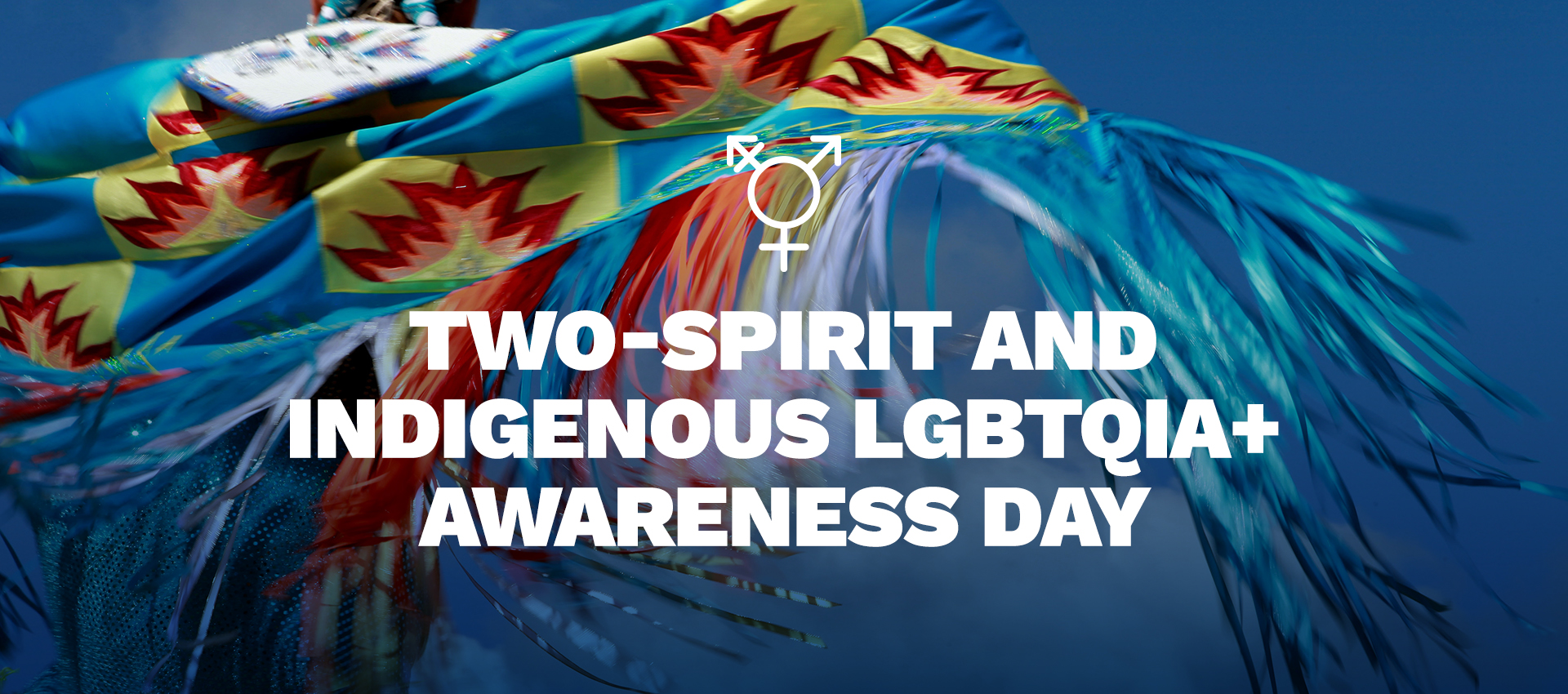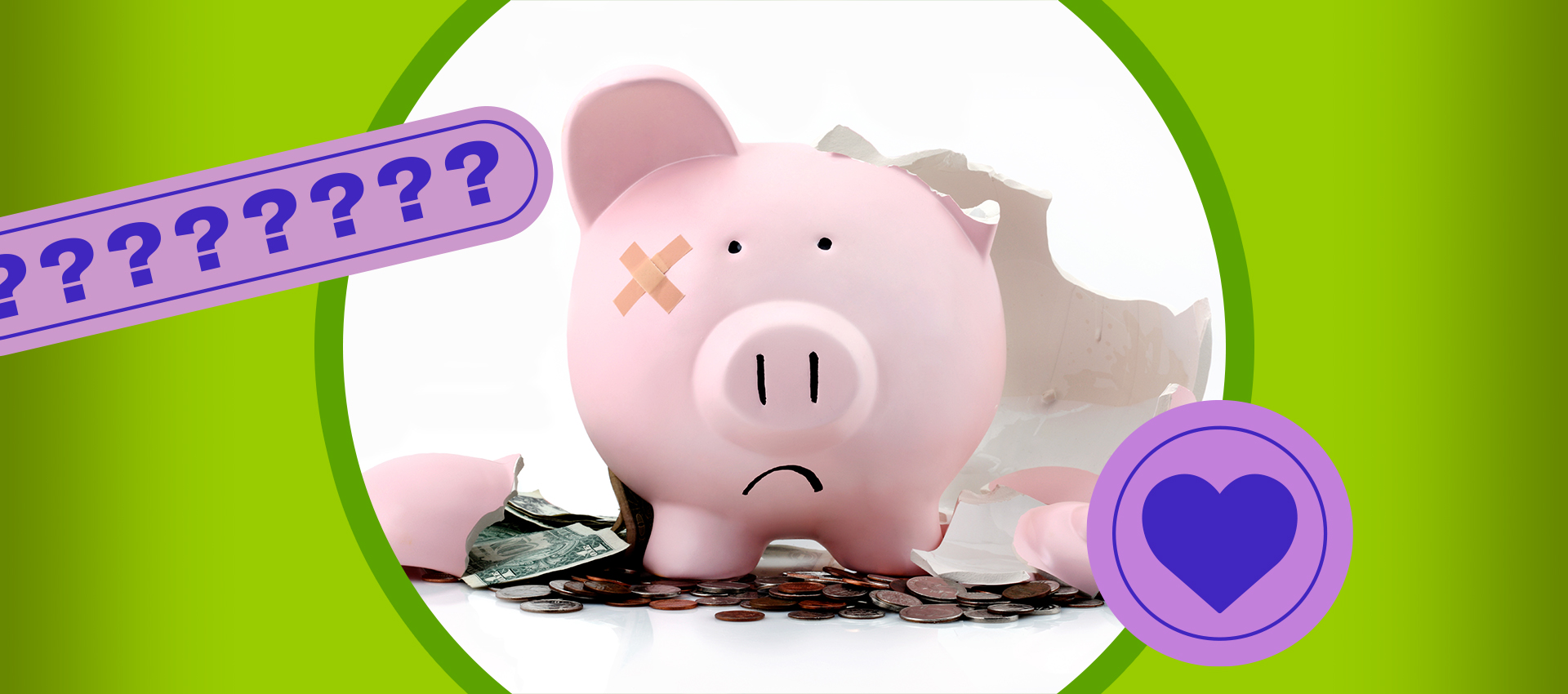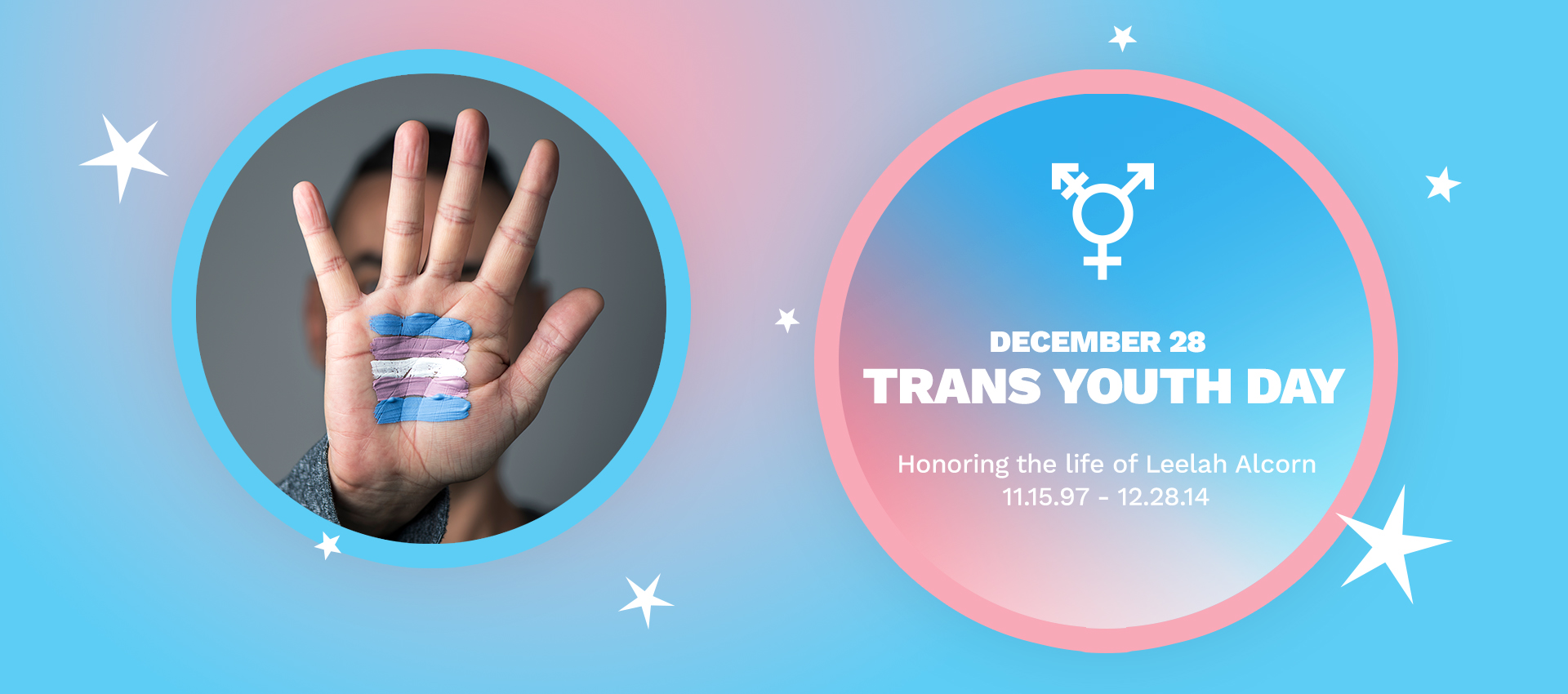Sensitive Content Warning
Human trafficking is a multi-billion dollar criminal industry that denies freedom to about 24.9 million people around the world. It is the business of stealing freedom for profit. The U.S. law defines human trafficking as the use of force, fraud, or coercion to compel a person into commercial sex acts or labor or services against his or his will. Additionally, inducing a minor into commercial sex is considered human trafficking regardless of the presence of force, fraud, or coercion.
What are the different types of human trafficking?
Sex Trafficking is the crime of using force, fraud, or coercion to induce another individual to sell sex. Common types include:
- Escort services
- Pornography
- Illicit massage businesses
- Brothels
- Outdoor solicitation
However, not everyone that works in these industries are victims of sex trafficking.
Labor Trafficking is the crime of using force, fraud, or coercion to induce another individual to work or provide service. Common types include:
- Agriculture
- Domestic work
- Restaurants
- Cleaning services
- Carnivals
However, not everyone that works in these industries are victims of labor trafficking.
What are some common myths about human trafficking?
Myth: It’s always or usually a violent crime.
Truth: It is often thought that human trafficking is almost always involves kidnapping or physically forcing someone into a situation. In reality, most traffickers use psychological means such as tricking, defrauding, manipulating or threatening victims into providing commercial sex or exploitative labor.
Myth: Human trafficking only happens in illegal or underground industries.
Truth: Cases of trafficking have been reported and prosecuted in industries including restaurants, cleaning services, construction, factories and others.
Myth: People being trafficked are physically unable to leave their situation/locked in/held against their will.
Truth: While sometimes true, more often people in trafficking situations stay for reasons that are more complicated. Some lack the basic necessitates to physically get out, are afraid for their safety, or do not identify as a victim.
What can I do to help stop human trafficking?
- Recognize and know the signs of human trafficking or download/order the Homeland Security Blue Campaign indicator card that lists common signs and how to report to keep on you
- Know which products you shop for that may be produced by child or forced labor
- Stop the spread of common myths and rumors
- Volunteer and support anti-trafficking efforts in your community
- Take a Human Trafficking 101 training course
- Help support victims and survivors by donating to the Polaris Project
If you are a victim or believe someone may be a victim of human trafficking, call the National Human Trafficking Hotline at 1-888-373-7888 or text BEFREE (233733). You may also seek help by visiting a local family planning clinic or emergency room near you.



